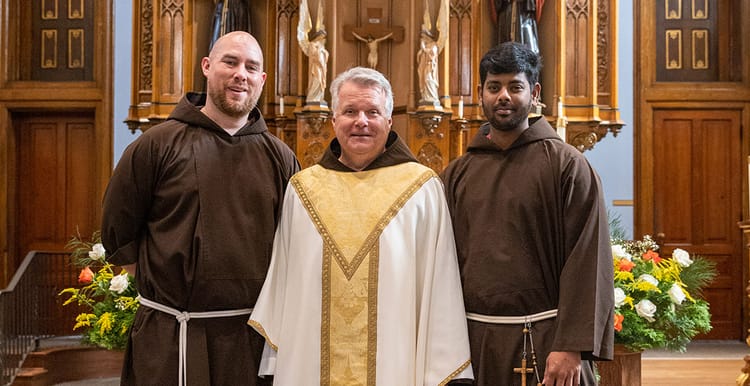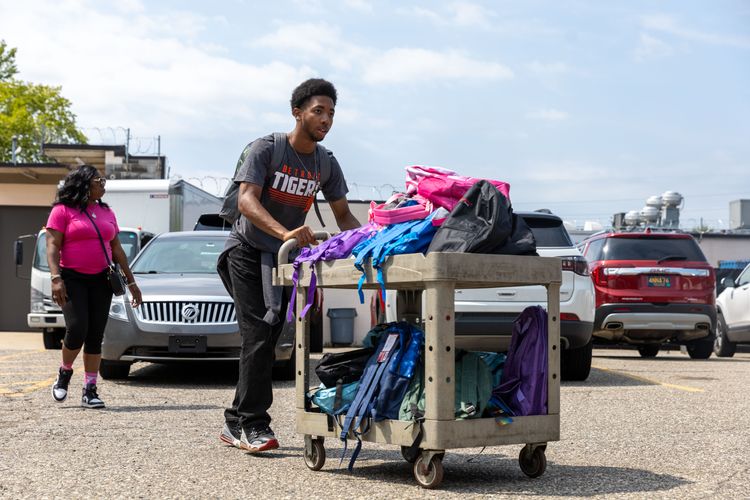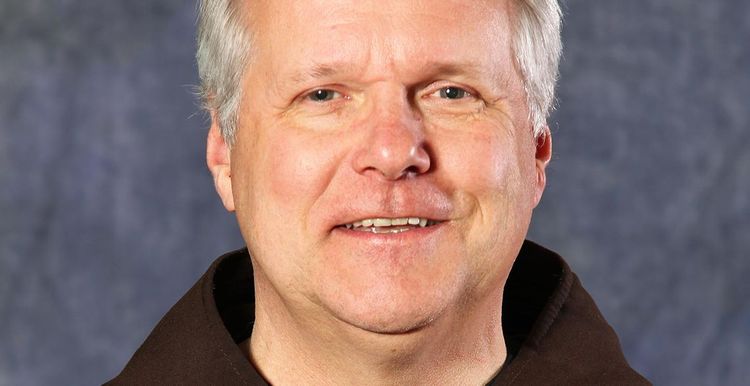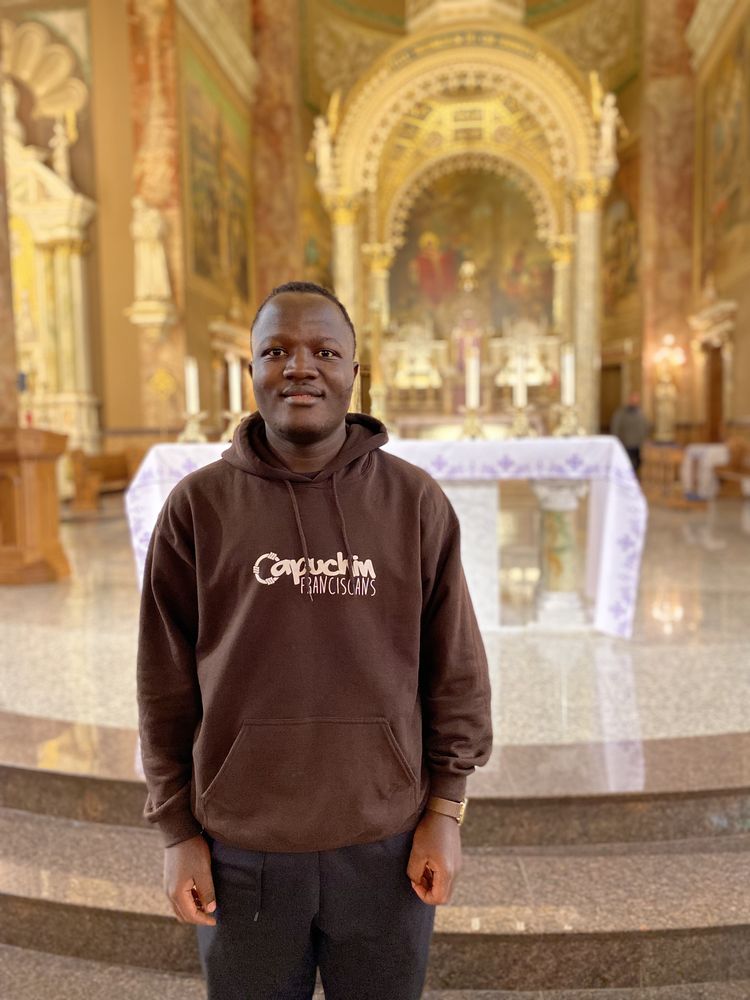A New Lease on Life
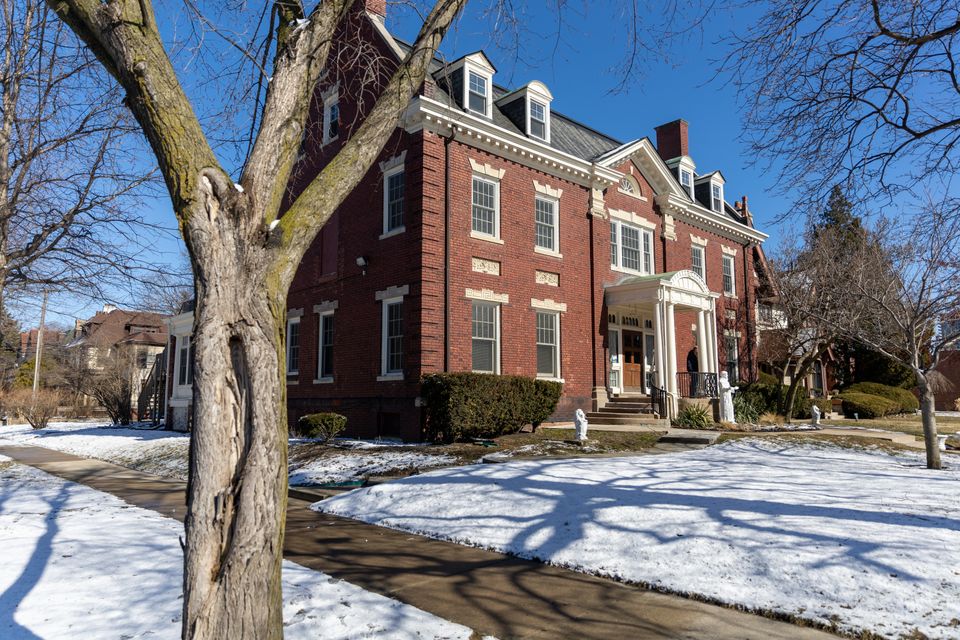
Residential Programs of the Capuchin Soup Kitchen provide new hope on the journey of recovery.
The Capuchin Soup Kitchen started in 1929 at the onset of the Great Depression to provide meals for those in need. But a lot can change in 94 years. Today the ministry of the Capuchin Soup Kitchen has evolved to include an urban farm, an after-school program, and much more. Throughout its history, when a need has arisen in the community, the Capuchins have risen to address it. Such was the case in 1976 when they founded Jefferson House, a 12-bed residential treatment center for indigent men recovering from substance use disorders. Again in 2006, in the face of high levels of incarceration and the lifelong stigma of a felony conviction, the Capuchin Soup Kitchen founded its R.O.P.E. (Reaching Our Potential Everyday) program providing job training and a fresh start for returning citizens. These two residential programs of the Capuchin Soup Kitchen have helped hundreds of men on their journey of recovery and redemption.
Jefferson House
Jefferson House was the first of these programs to be founded. While officially inaugurated in 1976, the idea for the program can actually be traced back further. In 1973, in an effort to combat the root causes of poverty and social alienation, the Capuchins piloted a program providing social services to men coming out of incarceration. This halfway house program was initially based out of a residence behind the Capuchin Soup Kitchen known as Meldrum Manor. Although the program did not become a permanent part of the Capuchin ministry in Detroit, it showed great promise.
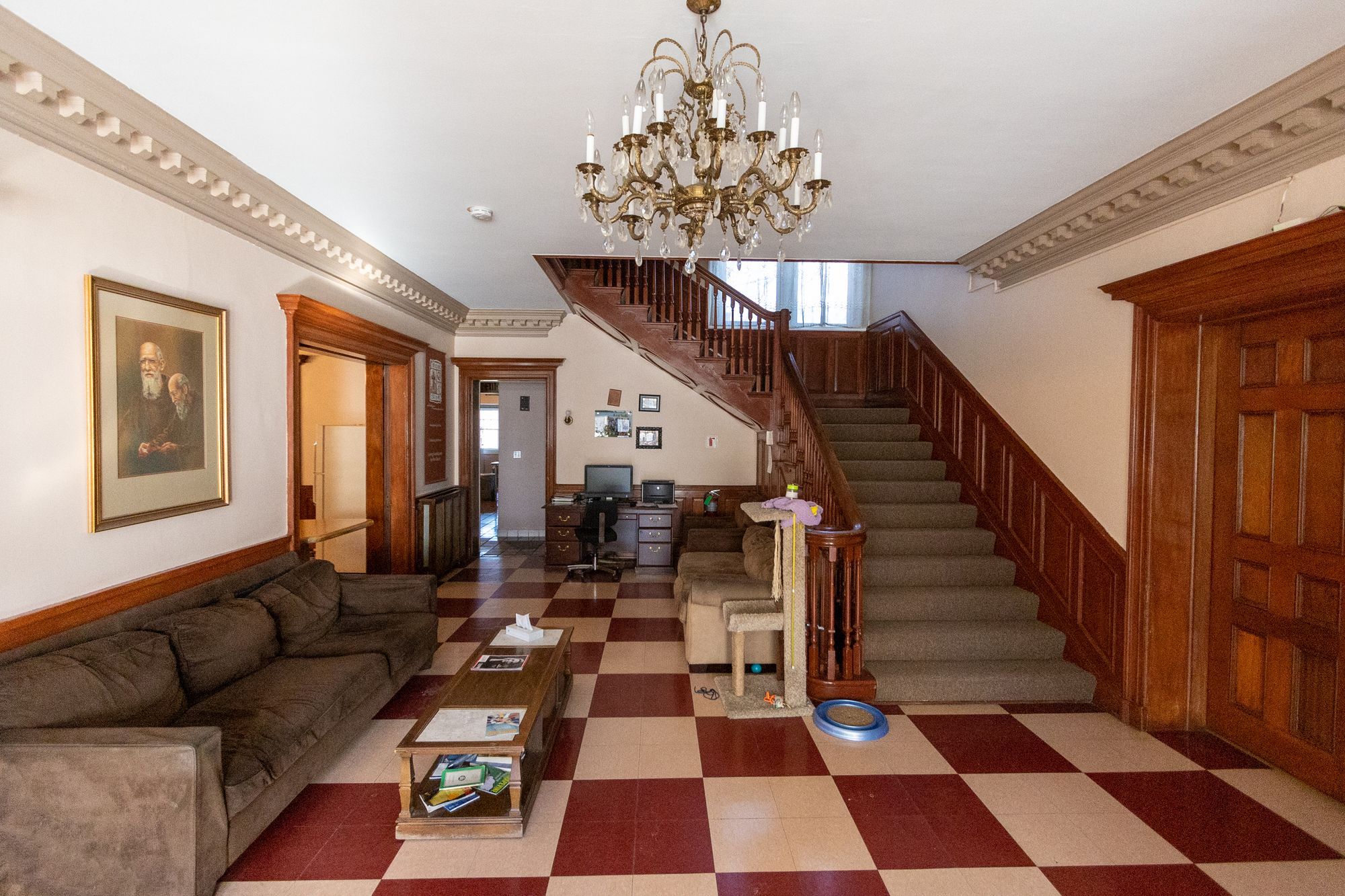
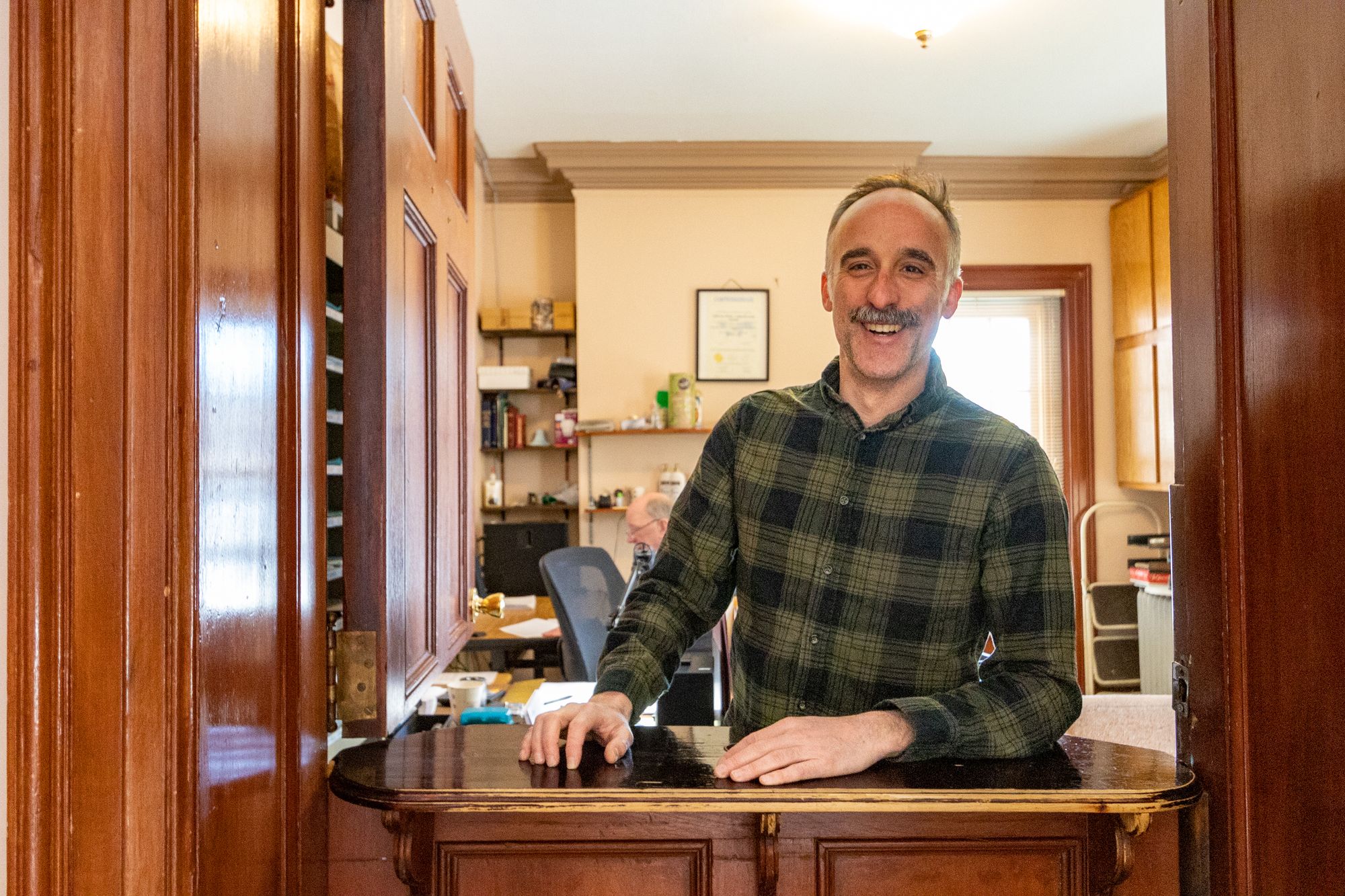
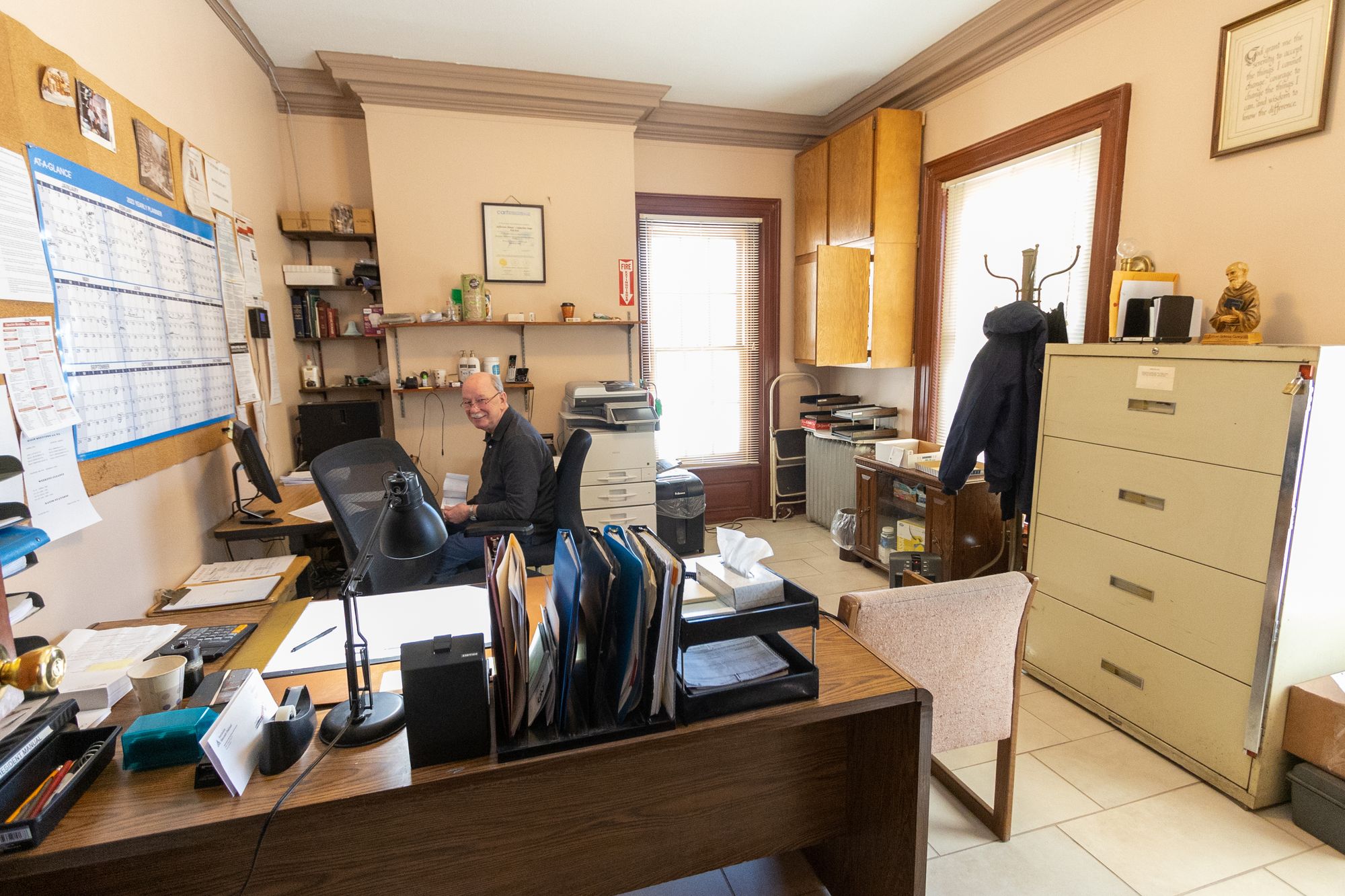
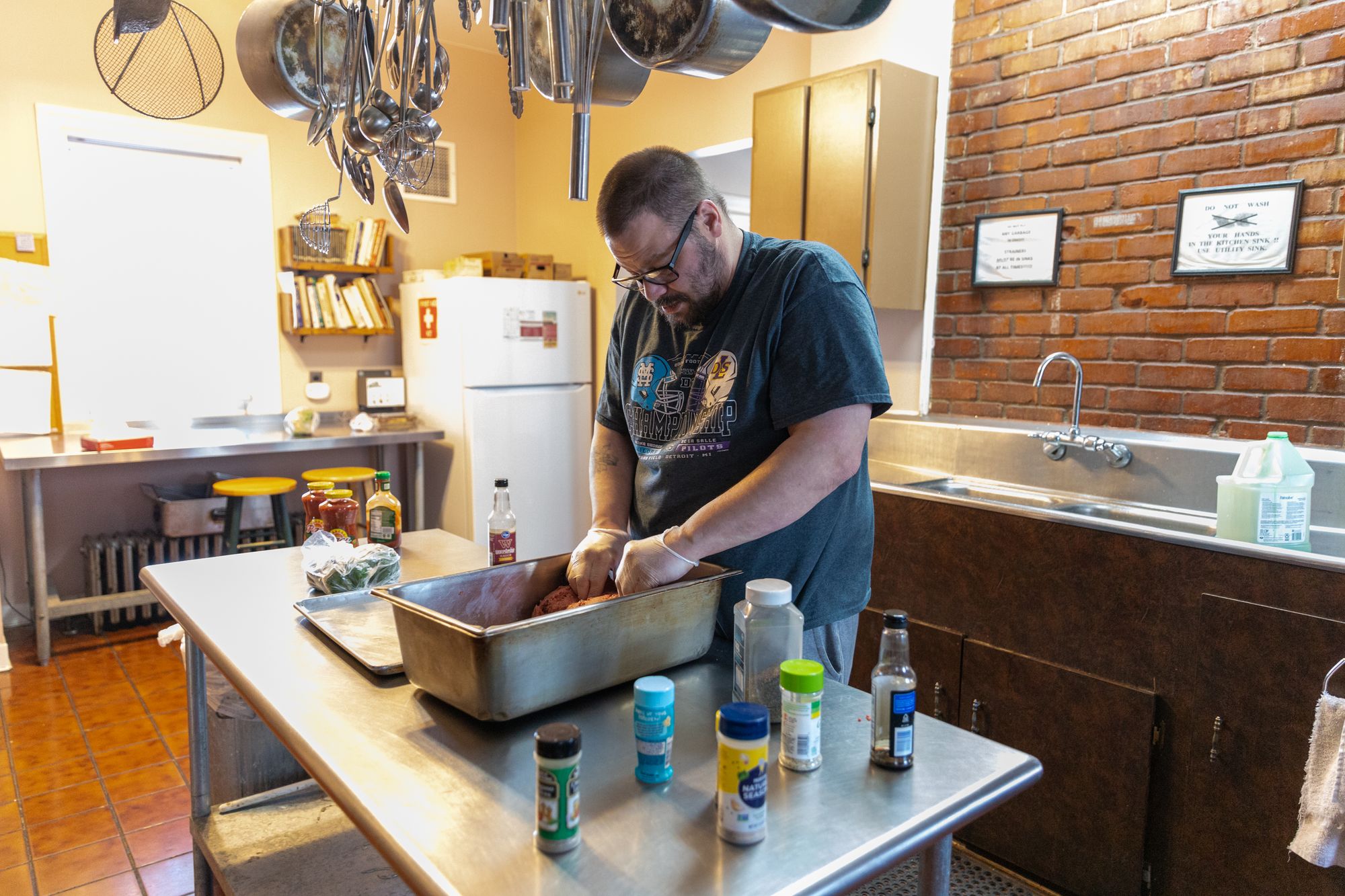
Inspired by these efforts, in 1976, a group of friars and partners in ministry developed a new treatment program that would provide six-to- nine months of live-in treatment to indigent men suffering from addiction. They purchased a property in Detroit’s Indian Village that would come to be known as Jefferson House. The house is a two-story colonial built for an executive at the nearby Parke-Davis Pharmaceutical Company in 1912 that offered roughly 3,200 sq. ft. of space for the program and its residents. On April 23, 1976, the work began to bring the house up to code for the first Jefferson House “family,” and by the end of that summer, the first residents were admitted with Br. Bob Skeris serving as the program’s first director.
In the 1980s, Jefferson House became licensed by the State of Michigan as a rehabilitation facility and was accredited by the Commission on the Accreditation of Rehabilitation Facilities (CARF) and has held this accreditation ever since.
To this day, Jefferson House has empowered over 800 men on their journey toward sobriety. It operates on donations from Capuchin Soup Kitchen benefactors. The house exists as a therapeutic community where services are provided in a highly structured environment while still maintaining a family-like atmosphere. Men are able to redevelop a sense of community, participate in 12-step recovery meetings, and do moderate work therapy for a small stipend as
they work on transitioning back to society. Due to the long-term nature of the program, Jefferson House boasts a 74% success rate of sobriety for its residents who complete the program and most are able to return to a normal life.
R.O.P.E. Program
Like Jefferson House, as time went on, the Capuchin friars noted another need in the community for a different kind of residential program. After being rehabilitated by either serving time in incarceration or completing a substance use treatment program, the friars observed that these guests of the Soup Kitchen found great difficulty finding work. These men found that their prior bouts of incarceration or substance abuse were a black mark on their records, and many employers would disqualify them from consideration for employment. The friars sought to develop a program where these men had a safe place to live, work on their spiritual development and earn an income.
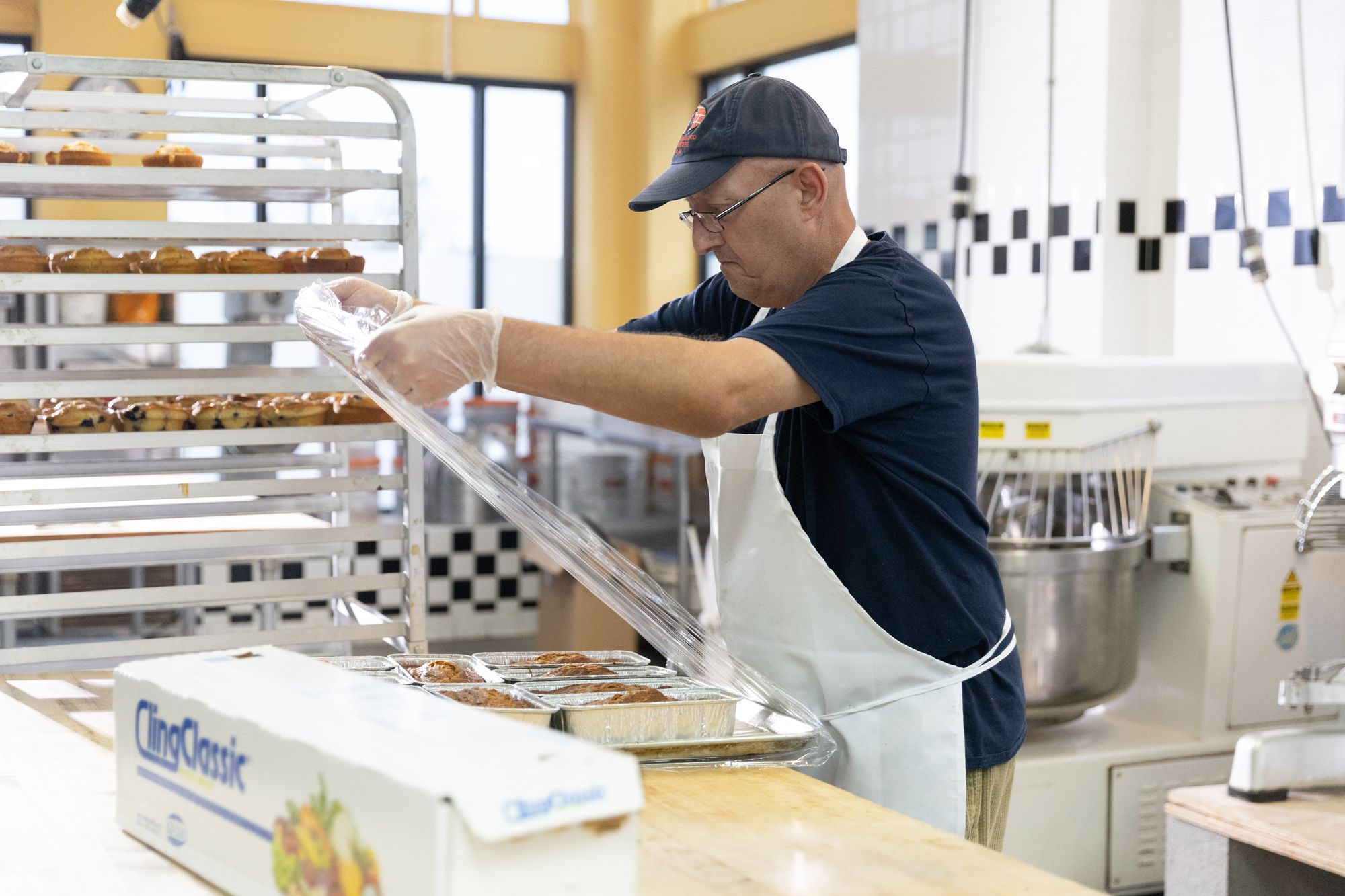
In 2006, Br. Ray Stadmeyer, with the support of then CSK Director Br. Jerry Smith, devised a one-year program known as R.O.P.E. which stands for Reaching Our Potential Everyday. The program would provide a house where the men would live together in community, food for each week, and a job baking at the Capuchin Soup Kitchen in the evening after the meals were served. Once the baking was done, the men would then spend their weekends traveling to different Catholic parishes in the metro Detroit area to sell their baked goods.
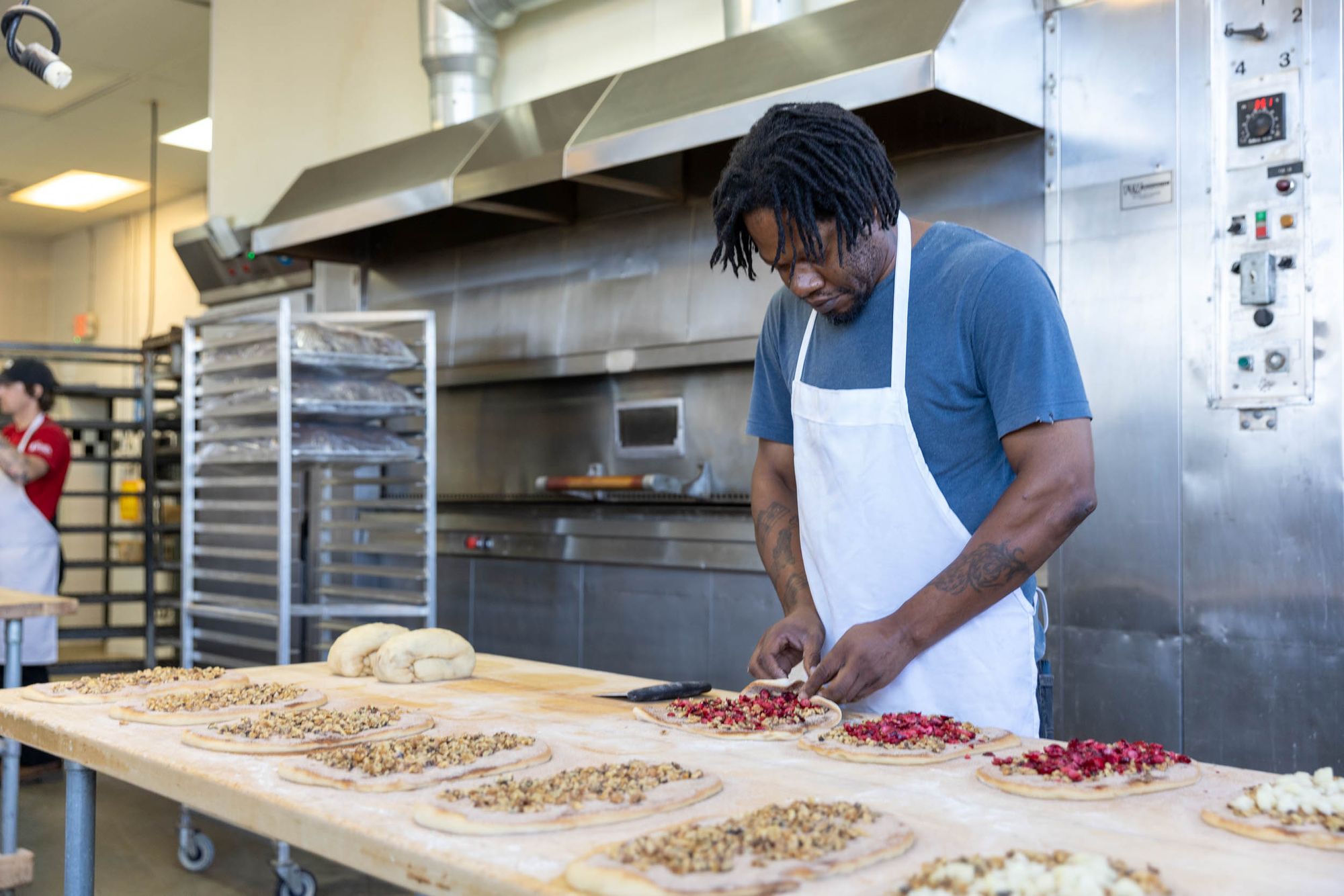
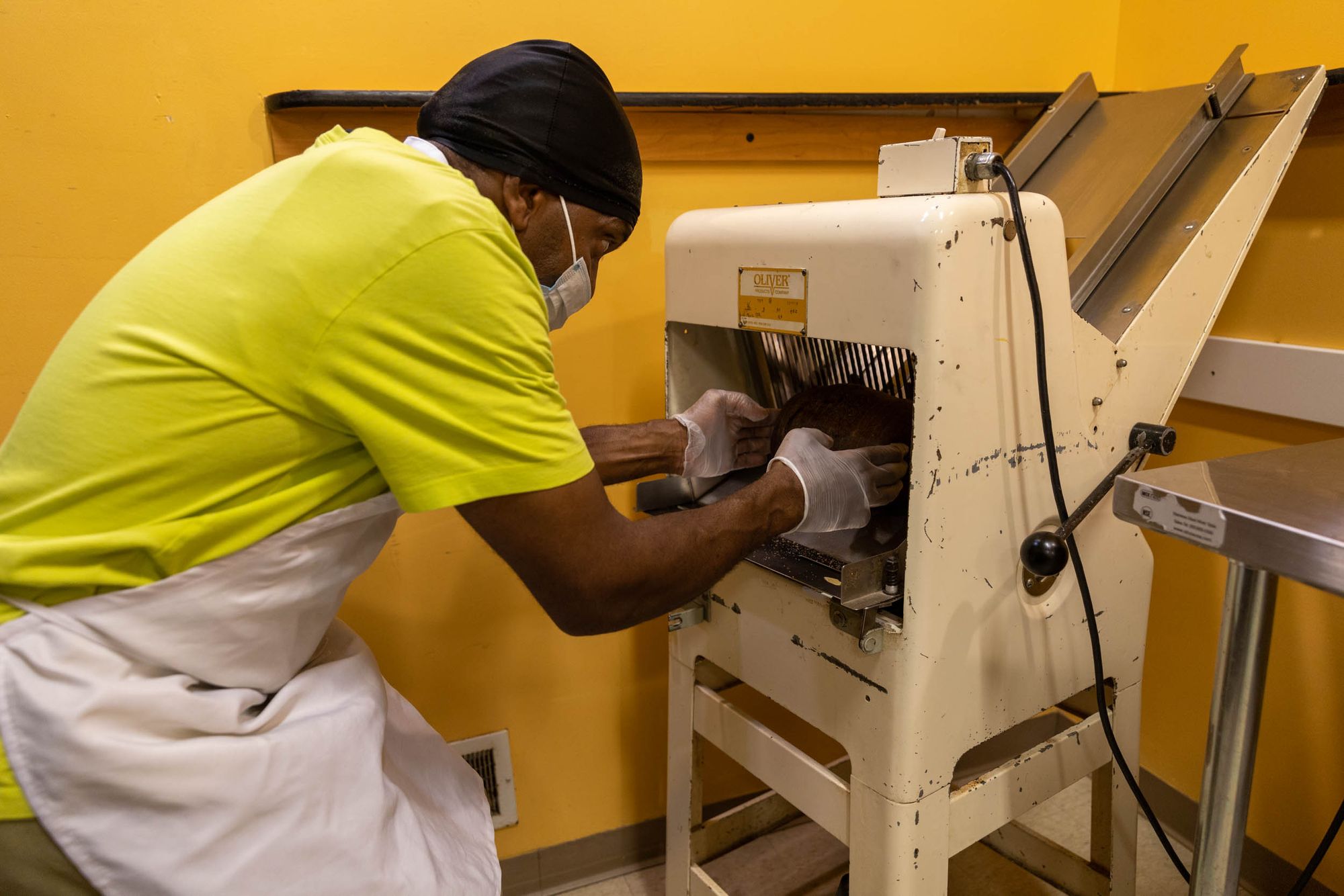
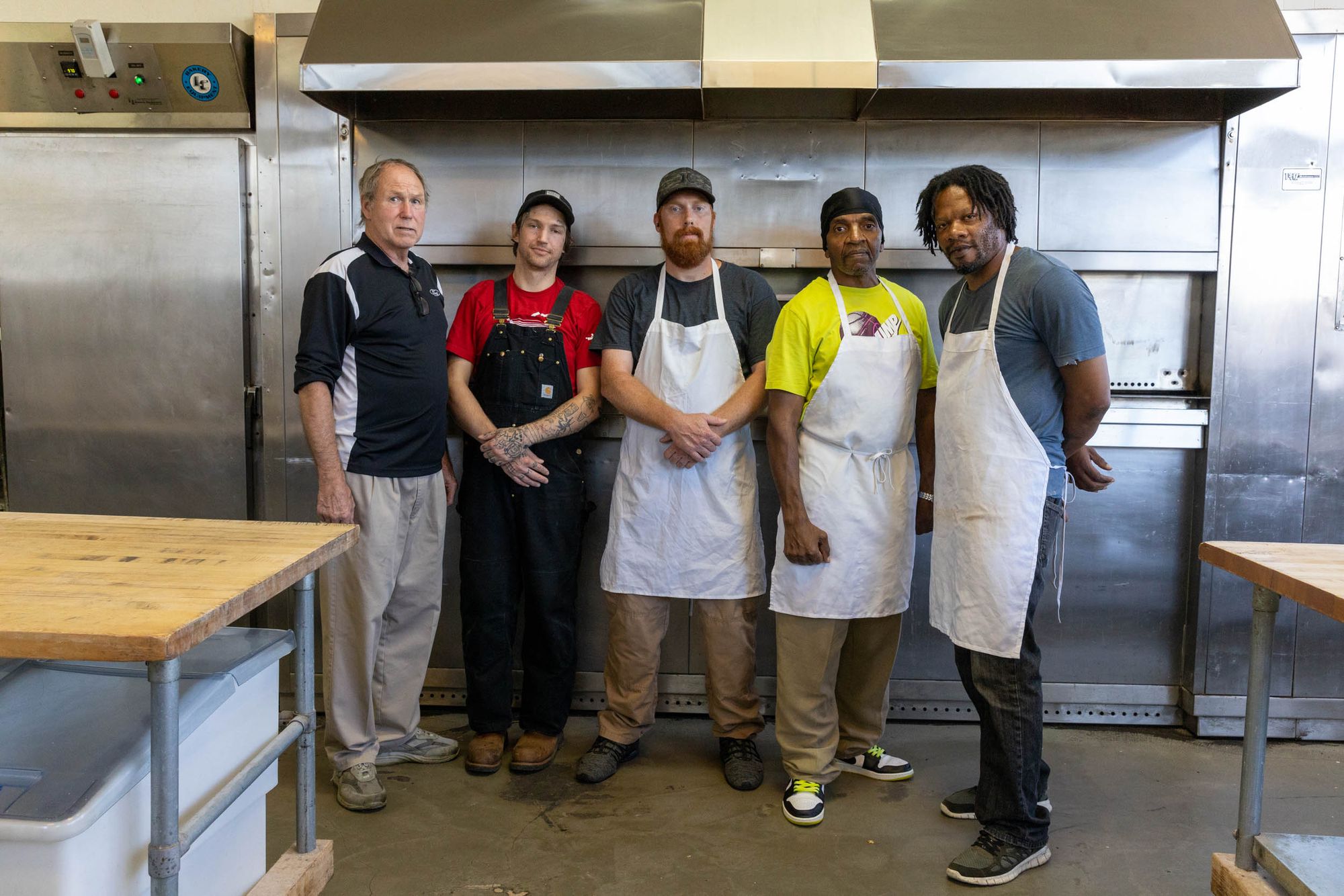
In 2009, just three years after its founding, the program opened the On the Rise Bakery, the bakehouse at 6110 McClellan Street in Detroit, to keep up with the increased demand for the program. Fresh baked goods were now sold from a small storefront at the bakehouse on weekdays. In 2014, as the program continued to grow, On the Rise Café had its grand opening at 8900 Gratiot Avenue. The café was the program’s first stand-alone dine-in facility with seating for 25-30 patrons to enjoy sandwiches, desserts, and other offerings. Finally, in 2022, in an effort to reunite the program with the spirit of the Capuchin Soup Kitchen’s co-founder, Blessed Solanus Casey, the café relocated to the Solanus Casey Center.

To date, the R.O.P.E. program has helped nearly 100 men transition back into society. The men here work in tandem with the Capuchin Soup Kitchen, form relationships with each other, form friendships with the parishes they visit, and even form relationships with the men of Jefferson House, meeting every week to offer encouragement and support to one another. Between these two programs, the Capuchin Soup Kitchen has been able to help nearly 1,000 men reclaim their lives. It is our hope that these programs, through the generosity of our benefactors, will go on to help hundreds and thousands more.

